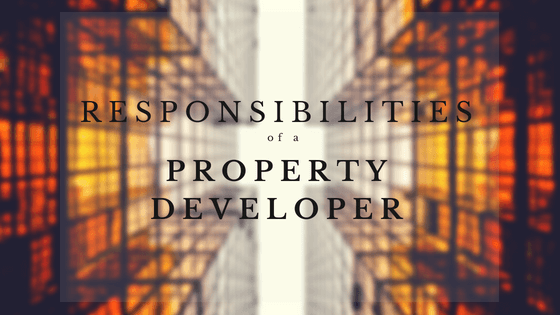A property developer is responsible for overseeing the land acquisition and construction of many different types of real estate. Projects range from commercial real estate that can house some of the biggest industries in the world to luxury multifamily housing complexes. While the role is vital to the completion of countless development projects, the general public knows very little about what it entails. So what exactly are the responsibilities of a property developer?
- Organize And Communicate Effectively With Many Different Teams
- Act Ethically In All Construction Projects
- To Deliver A Return To Investors In A Timely Fashion
Organize And Communicate Effectively With Many Different Teams
A real estate developer acts as the liaison between many independent groups that are all working on their particular part of a more massive project. For example, the plumbers usually have very little interaction with electricians on any given project. While each group performs significantly different tasks, the result is very much connected, so someone will have to coordinate timelines, expectations, and intersection between the two roles. A developer must act as both a master scheduler and a mediator between multiple parties to ensure the work proceeds smoothly and accurately.
Act Ethically In All Construction Projects
Project developers have unfairly received a somewhat negative reputation over the years. The public often misconstrues them as people who cut corners and put the safety of the building’s occupants at risk to make more money. In reality, most developers employ ethical thinking and strategic planning every day. They must act ethically in all of their business dealings to protect their reputation and the investment. Failure to do so could result in severe financial and legal consequences.
To Deliver A Return To Investors In A Timely Fashion
Development of large-scale real estate projects can often span many years and require numerous resources. The longer the timeline and the greater the required resources, the longer the investment funds are tied up, preventing a profitable return to the initial funding source. It is the responsibility of a developer to ensure that all investors see a reasonable and fair return on their investment at the end of a project. Neglecting to do so will significantly decrease the trustworthiness of the property developer and then, by default, the number of attainable future investors.
